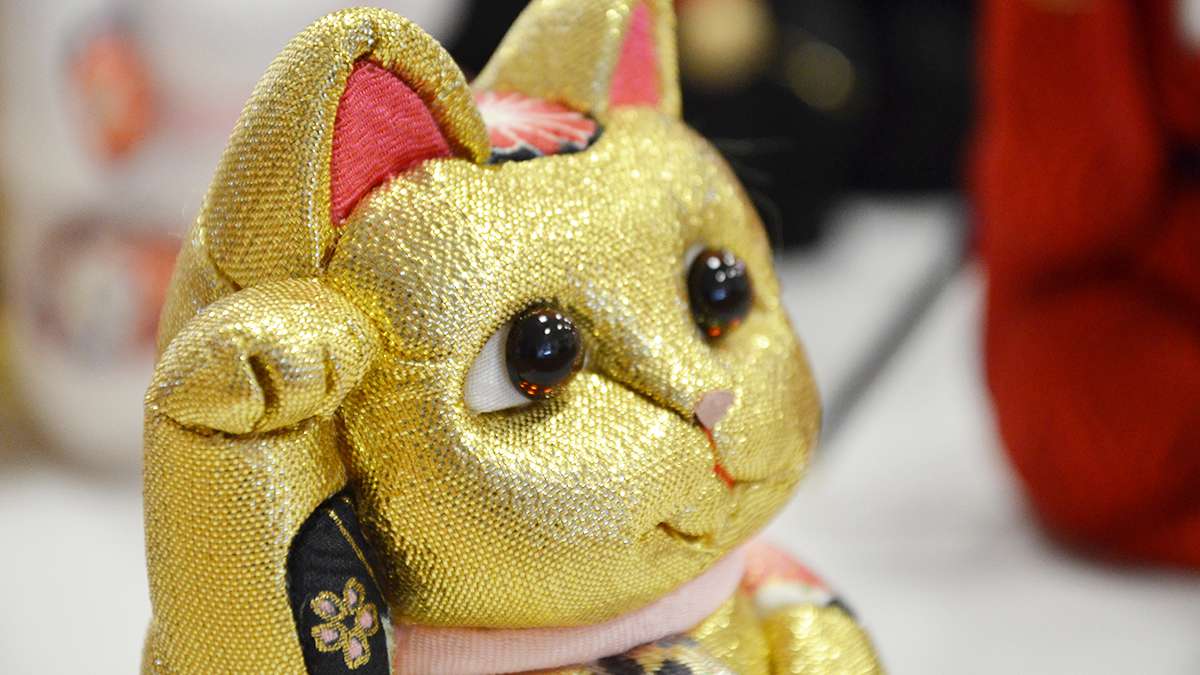Description

This charming lucky cat kimekomi doll is painstakingly handcrafted by Edo kimekomi artisans.
This traditional “ichimatsu” checkered pattern has a meaning of hope and prosperity. This black and white pattern creates a unique color contrast with the red of its ears.
This eye-catching look will put a smile on anyone’s face.
Information
| Manufacturer | Kakinuma Dolls |
|---|---|
| Country of origin | Saitama Prefecture, Japan |
| Technique | Edo Art Dolls |
| Material | Chirimen, high-performance resin |
| Size | S: H3.94" * W2.56" * D2.17"(S: H10.0*W6.5*D5.5cm) |
| Weight | 0.14 lbs(65g) |
| Capacity | 0 oz(ml) |
| Electronic Equipment | |
| Note | *Cushions will be included. *The expression of the pattern may differ from the photograph depending on where the fabric is used. |
| Delivery Time | 1-2 weeks (if out of stock + 1-2 weeks) |



































